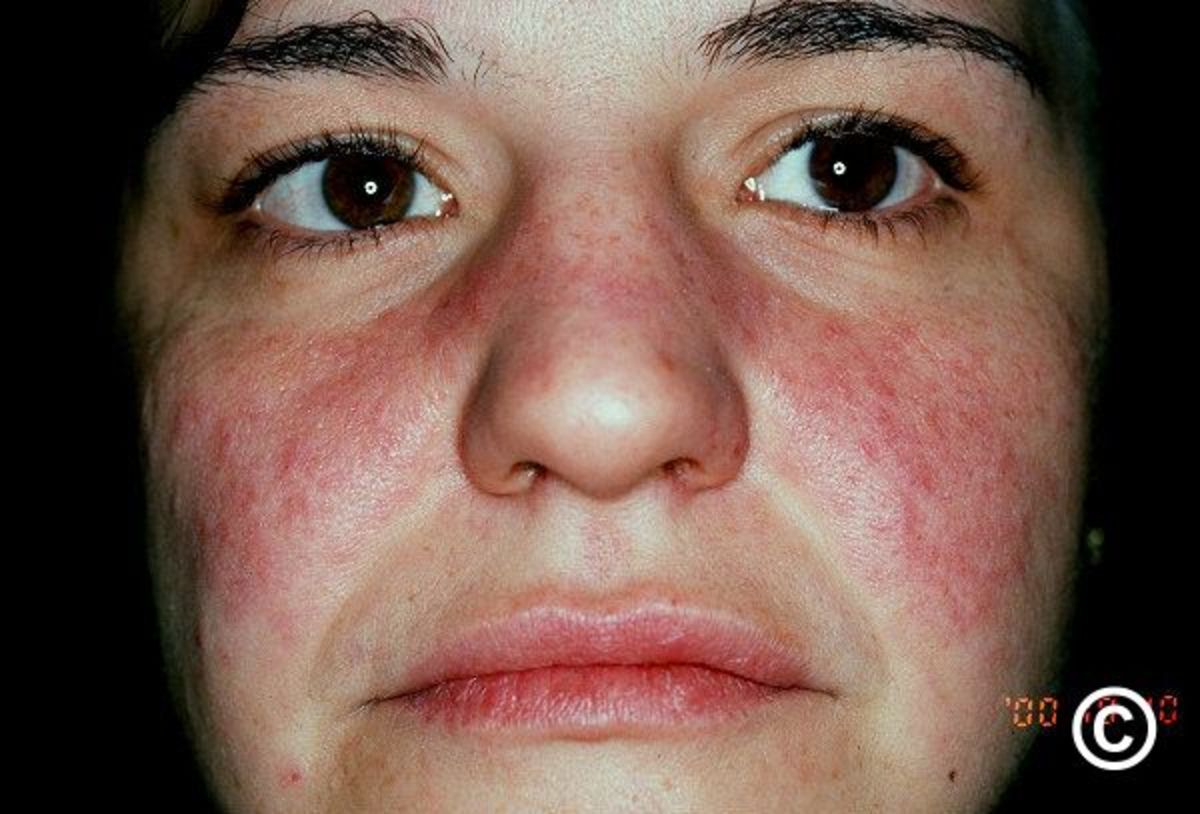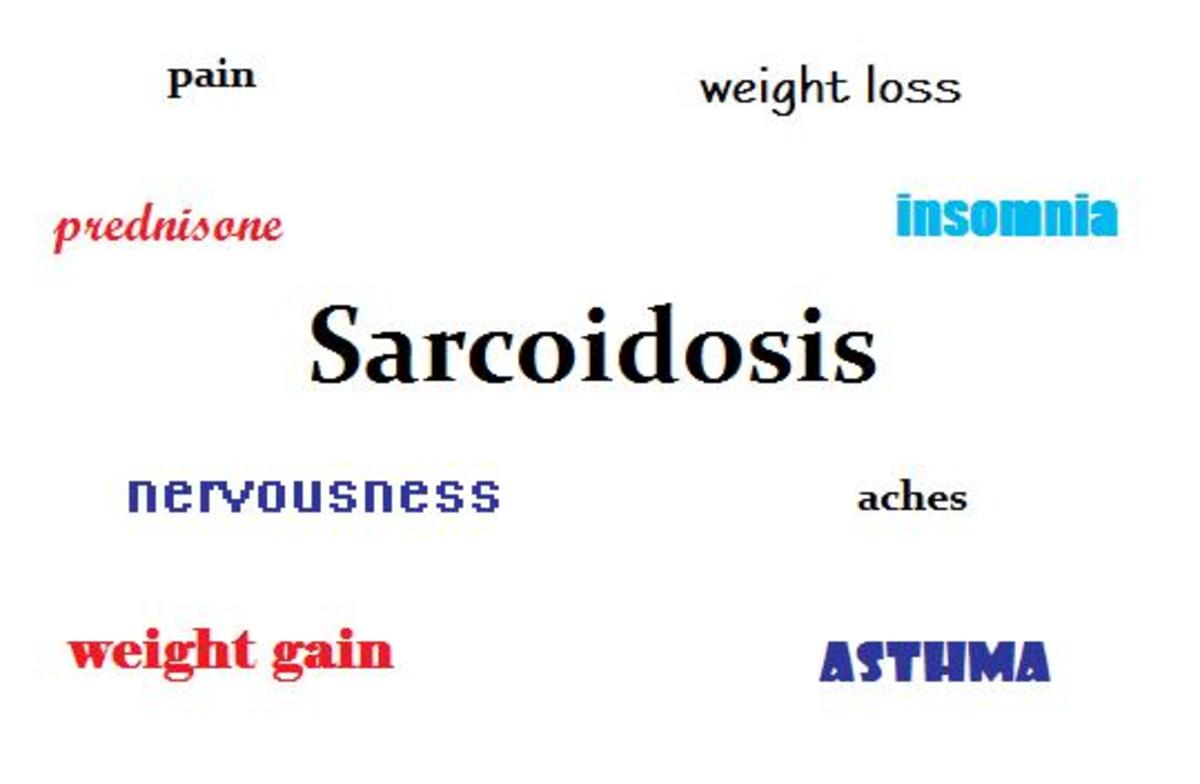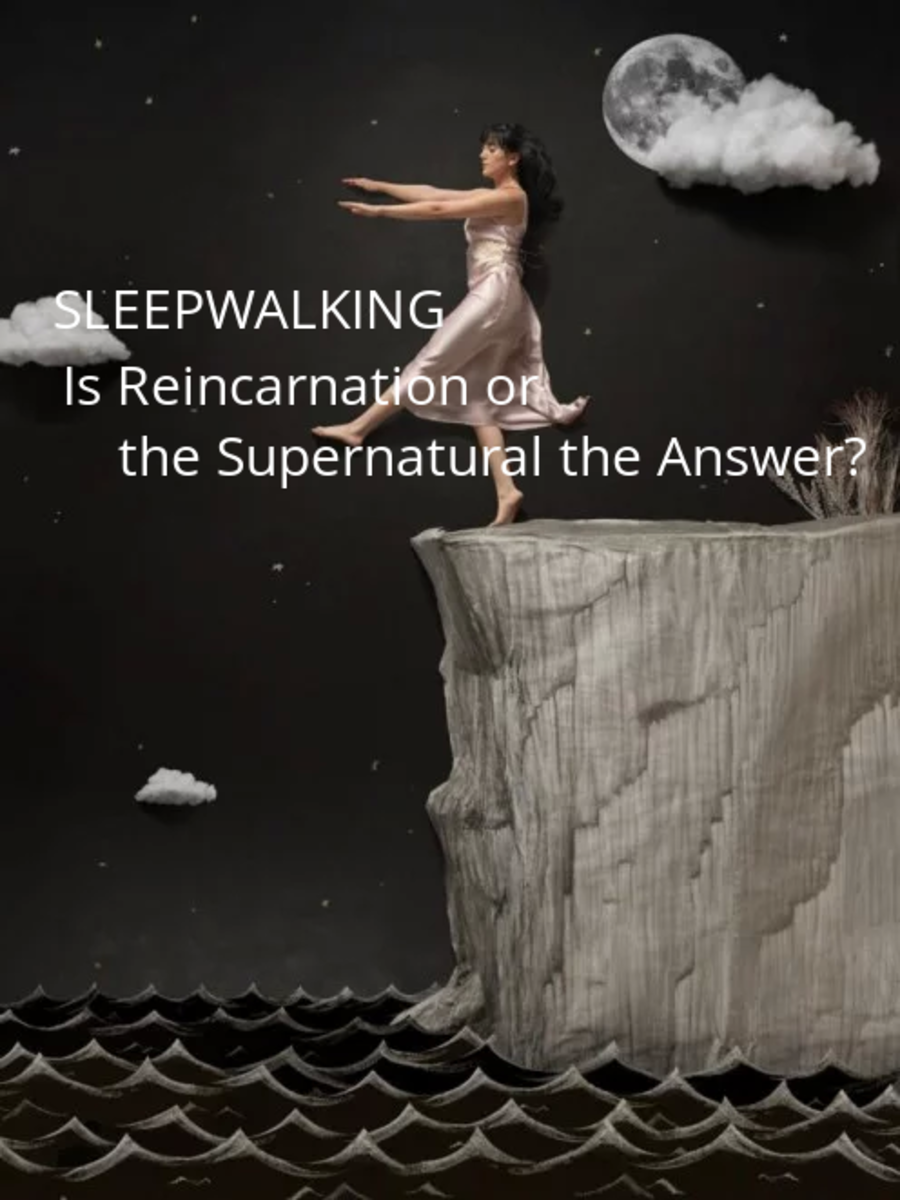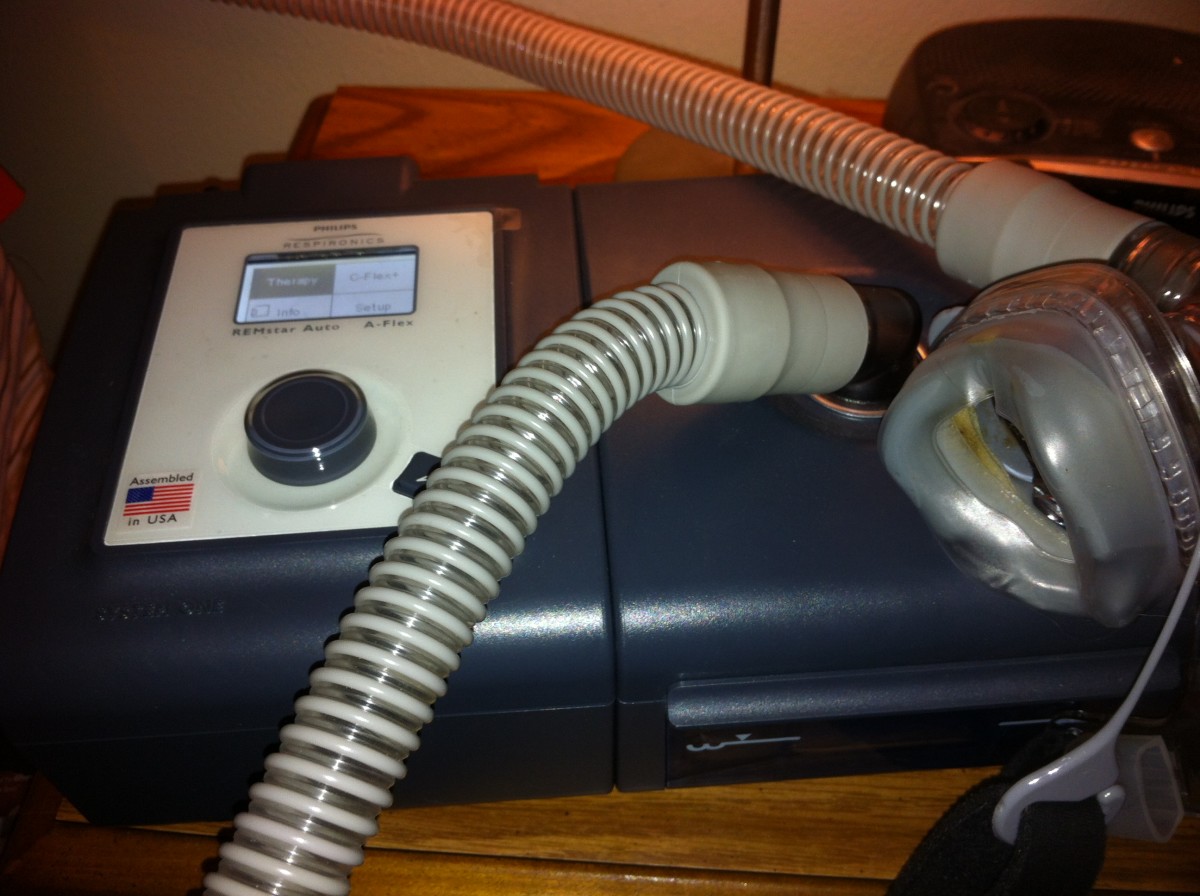Insomnia - I just can't sleep, my mind is racing - time to try natural remedies.
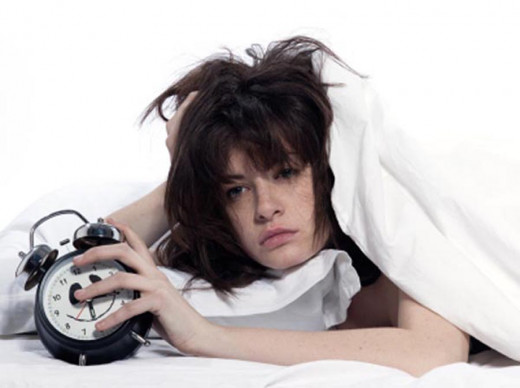


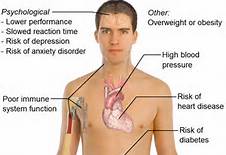
We all get an occasional night where a lack of sleep or disturbed night can make you feel very tired during the following day but this, in its self won’t affect your health. However, long-term sleep deprivation can be dangerous if you're driving or operating machinery or if you must make important decisions. Anyone who suffers from insomnia on an on-going basis may themselves suffer health problems such as high blood pressure and diabetes, or possibly become overweight.
There are two types of insomnia and it may be helpful to examine both:
Primary insomnia has no obvious cause.
Secondary insomnia is caused by an underlying problem, such as a health condition or psychological problems such as grief or depression.
Insomnia can also be sub-divided into either short term or long term.
Short-term (acute) insomnia lasts for between one and four weeks.
Long-term (chronic) insomnia lasts for more than four weeks.
Up to one in three people in the UK are thought to have insomnia at some point in their lives. More women get insomnia than men and as you get older; you're more likely to have difficulty sleeping with half of people over 65 having insomnia at some time.
The reasons why the body needs to sleep have never been fully understood although the effects of sleep deprivation suggest that the body needs sleep in order to rest and repair your body and mind. It has been suggested that dreaming while sleeping is the minds way of acting out scenarios that haven’t yet occurred. The mind seems to need to experience anything that happens in life and if it can’t in practice it will make up a scene and then tuck this away under experiences. There is a whole industry built up around the interpretation of dreams. Sleep is made up of four different stages
Pre-sleep is when your muscles are relaxed and your heart rate and breathing slow down and your eyes become heavy with drowsiness setting in.
Light sleep is when you're lightly asleep; you can still be woken up easily and won't feel confused. This is often the conditions of day dreaming.
Slow wave sleep is when it’s hard to wake up and, if someone does wake you, you may feel disorientated and confused. Slow wave sleep is the time when you might sleepwalk or talk in your sleep.
Rapid eye movement (REM) sleep is when your eyes move from side-to-side and your brain is very active but your muscles, except for breathing and life support are to all intents and purposes paralysed. If you wake suddenly in this condition, perhaps due to a nightmare, you may feel sluggish or unable to move for a few seconds, which can be very distressing. You dream mostly during REM sleep. The stages of sleep occur usually in cycles, usually lasting between one to two hours, moving from pre-sleep, light sleep, to slow wave sleep, then to REM sleep and back again during the course of a night. You may experience up to five cycles of sleep during a typical night.
The amount of sleep you need varies from person to person and is subject to much conjecture. Most adults need seven to eight hours of quality restful sleep but some can manage with much less. People of different ages need different amounts of sleep. On average a baby needs about 17 hours a day, whereas an older child needs about nine to 10 hours a day.
Symptoms of insomnia. These may include any of the following:
Difficulty getting to sleep
Difficulty in staying asleep (frequently waking up and then finding it difficult to get back to sleep)
Waking up in early hours of the morning
Feeling tired, irritable and unable to concentrate the next day If you consistently can’t sleep, you can feel irritable, anxious and depressed.
If you have any of these symptoms, see your GP for advice.
Causes of insomnia. There is usually no single cause of insomnia, but there are a number of factors that can contribute to you getting it. Some of the main causes are listed below.
Psychological health problems such as stress, anxiety, depression, grief or alcoholism.
Physical health problems such as pain, breathing, asthma or heart disease.
Medicines such as slimming medicines, stimulants, antidepressants or medicines to treat high blood pressure.
Jet lag, a temporary condition that can cause disturbed sleep patterns, digestion problems and a lack of energy (fatigue) following air travel across a number of time zones.
Environmental factors such as noise, vibration, an uncomfortable bed or being too hot or cold.
Lifestyle habits, for example not having a regular sleep routine, eating late at night, drinking excessive amounts of alcohol or using stimulants such as nicotine
Demanding sexual partner for example one that requires frequent long duration sex with highly physical role play or just long duration sex play.
Diagnosis of insomnia
If your sleep problems are affecting your quality of life, see your doctor.
Your doctor will ask about your symptoms and examine you. They may also ask you about your medical history.
Your doctor may ask you to keep a sleep diary for at least two weeks. You may be asked to record things like the time you go to bed, how long you think it takes you to get to sleep and how often you wake. Your doctor may also ask you to record what you're doing during the day and just before you go to bed, for example, when you have your meals or whether you have drinks with caffeine in them.
Most people don’t need to have special sleep tests. Your doctor will often be able to diagnose the type and cause of your insomnia by the description of your sleep pattern. If you have a heart condition you may be asked to wear a 24 hour heart recorder, to determine if your heart rhythm is disturbing your rest.
Treatment of Insomnia
Some pharmaceutical medicines can treat insomnia, but they are often only used as a last resort as they may not work for very long and can sometimes make you feel very drowsy the following day. These medicines to help you sleep will sometimes require ever increasing doses and can also be addictive.
There are two main types of medicines prescribed for insomnia:
Hypnotics The first types are the medicines zaleplon, zolpidem, zopiclone and benzodiazepines, such as diazepam or lorazepam. Your doctor can prescribe these for a short period of time (no more than two weeks) to treat severe insomnia. It may be wise not to drive if you still feel sleepy in the morning after taking these medicines.
Hormone: If you’re in your 50s your doctor may prescribe you a long-acting melatonin, which is a type of natural hormone that your body produces but the levels diminish as you become older. Melatonin is important in controlling your sleep pattern – it activates parts of your brain that encourage sleep.
Self help
There are various measures you can take to help overcome insomnia. These are referred to as sleep hygiene measures to promote a healthy sleep routine.
In many cases insomnia can be caused by other external effects such as an uncomfortable bed, or physical injuries. These can be overcome to a certain extent by a little more exercise, lighter late meals or even a change of mattress. It is well-known facts that beta-blockers and the pill can disrupt sleep patterns as, of course, can caffeine. I know people are aware of the coffee risk but they still have a nice cup of tea which is almost as bad. A night cap of alcohol is also a bad idea as far from relaxing you it destroys the B vitamins essential for normal sleep rhythms.
Natural and alternative remedies
Insomnia whether recent or long standing can be significantly helped with the use of essential oils. The contra-indications of sleeping pills are wide and invariably they do not produce restful natural sleep which is what the body and mind needs.
Essential oils offer a simple solution with no side effects and can be administered by baths, oil diffusers, oil fans or even just a few drops on the pillow.
Lavender, Camomile and Neroli are oils which have been found very effective in combating insomnia and each has a distinct effect of calming, soothing, relieving anxiety and settling the emotions. If the problem with sleeping is over a period of weeks then varying the oil used can be helpful.
We need to be mindful of the problem causing sleeplessness (if known) and use an appropriate essential oil.
Where worries are the problem then Benzoin should be used.
If depression is experienced then Bergamot is linked.
For relaxation use Clary Sage but never use with alcohol otherwise strong dreams or nightmares may result.
Warming and comforting can be experienced by the use of Marjoram, Sandalwood, Juniper and Ylang Ylang.
For use in a warm bath (not hot) a total of abt. 6 drops for an adult is sufficient (although no more than 4 drops of Neroli or Sandalwood) For a child no more than 3 or 4 drops of diluted essential oil (dilute with milk or vodka). Do not use a single oil or blend for more than 7/10 days otherwise the body will become used to it and it will cease to become effective. Insomnia is increasingly caused by the stresses of modern life and pressures of work and Yoga, meditation and breathing techniques can all help. However often the best approach is a gentle massage before bed and the use of an essential oil fan running in the bedroom overnight with your choice of oil (I would suggest Lavender to start with) It has been known for a single massage to break the vicious circle of sleeplessness but obviously several over a period of time will be of greater benefit.
Calcium is essential for good sleep (hence the idea of warm milk at bedtime) However for best effect it should be taken as calcium citrate or calcium hydroxyapatite which is absorbed more readily. A Russian folk remedy is to grind up anise and mix into milk and honey.
There are many herbal remedies including mint and rosemary. To help relax muscles try thyme and passionflower for chronic insomnia. Chamomile is an old remedy turned into a tea and fresh lemon balm is also excellent.
In the Far East they use hot foot baths with lavender and lemon balm to control a racing mind by drawing chi from the brain.
As we get older sleeplessness becomes increasingly common but researchers in Boston have come up with the idea that a muffin or teacake or banana before bed can improve the quality of sleep significantly.
Researchers at the University of California, San Diego carried out MRI brain scans of 25 people claiming to suffer insomnia and have shown differences in brain function compared with 25 people who get a full night's sleep. The poor sleepers struggled to focus part of their brain in increasingly challenging memory tests which may actually be affecting perceptions of sleep quality. Their results were published in the journal “Sleep”. The tests also found that people with insomnia not only struggled to sleep at night, but also found that their daytime reactions were delayed and memory impaired. The result from this trial helps in understanding that people with insomnia not only have trouble sleeping at night, but their brains are not functioning as efficiently during the day."
Finally Cognitive behavioural therapy (CBT) can help you deal with anxieties that may lead to sleep problems. It can also help to develop positive ideas about sleep, which aims to reduce concerns about not getting enough sleep.
Snoring and sleep apnoea
- Snoring and Sleep Apnoea - one is an annoyance the other can be serious.
Snoring and Sleep Apnoea can be helped by blend of essential oils massaged into the chest or an essential oil vaporiser. This will allow you and your partner quiet gentle sleep and wake refreshed.
Natural restful sleep
- Restful Sleep - Gently without drugs and wake alert and refreshed.
Restful sleep is difficult to achieve using drugs. An effective method is to use essential oils as an alternative rest promoter. There are also herbs and vitamins to help and stress reducing techniques
Do you suffer from insomnia and if so how to you cope?
© 2012 Peter Geekie




